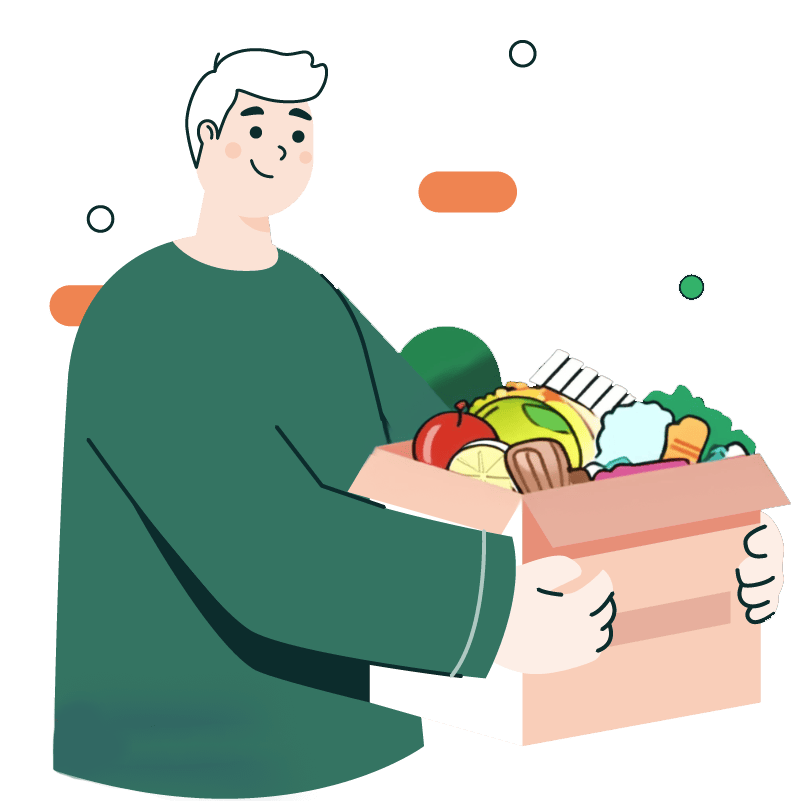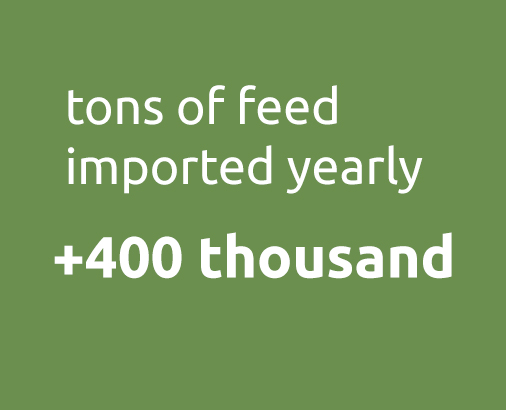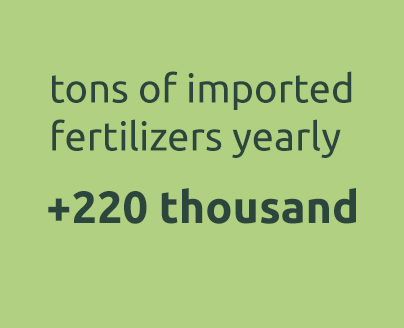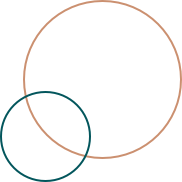R-Feed
Sustainable Solutions, Efficient Protein
At R-Feed, we specialize in converting organic waste into high-quality protein and compost, promoting sustainable agriculture and waste management.

About Us


Our Mission & Vision
R-Feed is dedicated to turning organic waste into valuable resources through innovative biological methods. Our mission is to reduce environmental impact, support sustainable agriculture, and create economic opportunities by producing high-quality animal feed and fertilizers.

Protein Source
High-quality protein for animal feed derived from sustainable sources.

Fertilizer
Rich, nutrient-dense frass that enhances soil health and productivity.
Our Causes
What We Do
R-Feed transforms organic waste into valuable resources through advanced bioconversion technologies, supporting sustainable agriculture and waste reduction.
Reducing organic waste
Production of high quality protein
Soil improvement
Environmental sustainability
Our Impact So Far
Kilograms of CO2e Saved by Recycling Food Waste
kg CO2e
This equals eventing the emissions from driving an average gasoline-powered car for approximately (5113 kilometers).
The Problem
Million tons of food waste annually!!




Environmental
Reduces landfill waste, lowers greenhouse gas emissions, and improves air, water, and soil quality.

Economic
Provides sustainable feed alternatives, lowers farming costs, and boosts crop productivity.

Social
Creates jobs, improves living standards, and fosters a culture of sustainability and recycling.
The solution
A Project the Size of a Nation
R-FEED is an innovative initiative that addresses Jordan’s organic waste problem by converting it into alternative protein for animal feed and organic fertilizer using black soldier fly larvae (Hermetia illucens). These larvae efficiently break down large quantities of organic waste from households, restaurants, farms, and markets, transforming it into high-quality protein and fat for sustainable and cost-effective animal feed, thus reducing dependence on traditional, environmentally impactful feeds. The remaining residue is a nutrient-rich compost that enhances soil quality and agricultural productivity.

By producing high-quality protein feed from recycled food waste, R-Feed supports sustainable agriculture and livestock production. This can enhance food security by providing farmers with affordable and sustainable feed options, ultimately contributing to a more resilient food system.
By producing high-quality protein feed from recycled food waste, R-Feed supports sustainable agriculture and livestock production. This can enhance food security by providing farmers with affordable and sustainable feed options, ultimately contributing to a more resilient food system.
R-Feed helps cities manage food waste more effectively, reducing the environmental impact of urban areas. Efficient waste management contributes to cleaner, more sustainable communities.
R-Feed promotes the circular economy by converting food waste into valuable protein feed, reducing the amount of waste sent to landfills. This aligns with sustainable consumption and production practices by minimizing waste and maximizing resource efficiency.

By diverting food waste from landfills, R-Feed prevents methane emissions—a potent greenhouse gas—from decomposing organic matter. Additionally, producing protein feed through insect farming has a lower carbon footprint compared to conventional protein sources like soy or fishmeal.
Learn how to get involved
Interested in partnering with R-Feed? Whether you’re a farmer, municipality, or business, reach out to explore collaboration opportunities and join our mission for a greener future.
Contact
Get In Touch
info@R-Feed.com
mostafakwd@gmail.com
Phone
+962 7775 2511 8
+962 7757 2704 9
Address
Jordan – Tafila – Busaira
